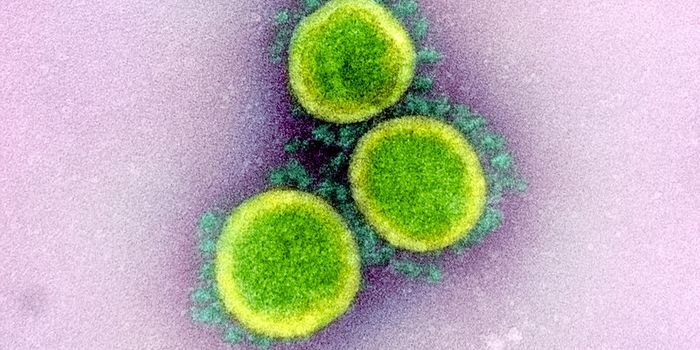Why Morning Sickness Occurs & A Possible Way to Prevent It
Morning sickness during pregnancy is very common; in as many as seven in ten pregnancies, women go through the nausea and vomiting the condition causes. In some cases that nausea is so severe that expectant moms have to be admitted to the hospital for dehydration, and they may require intravenous fluids. That condition is known as hyperemesis gravidarum, and it is the most common reason for hospital stays among individuals in their first trimester of pregnancy. There are some medications that can relieve morning sickness, but few women are adequately treated.
A hormone produced in the placenta, called GDF15, causes this sick feeling. GDF15 is not only made by the placenta, it is also produced in most tissues at low levels even when no pregnancy is occurring. Women who naturally have particularly low levels of GDF15 may be especially sensitive once they get pregnant. The levels of the hormone, and how much of it the mother has been exposed to before becoming pregnant, appears to have a major influence on the severity of morning sickness.
Reporting in Nature, scientists have now discovered a possible way to prevent morning sickness, which involves exposing potential mothers to GDF15 prior to their pregnancy so they become more tolerant.
In this work, the researchers assessed data collected from pregnant women who participated in several different studies. they identified a rare genetic variant that dramatically increases the risk of hyperemesis gravidarum; this variant is also thought to lead to low levels of GDF15 under normal conditions. Women who have a blood disorder called beta thalassemia also have GDF15 levels that are naturally very high before pregnancy, and these women experience mild or no morning sickness.
Now, researchers understand that a person's sensitivity to GDF15 has a major impact on how they will be affected by morning sickness. "Knowing this gives us a clue as to how we might prevent this from happening. It also makes us more confident that preventing GDF15 from accessing its highly specific receptor in the mother's brain will ultimately form the basis for an effective and safe way of treating this disorder," said study leader Professor Sir Stephen O'Rahilly, Co-Director of the Wellcome-Medical Research Council Institute of Metabolic Science at the University of Cambridge.
When researchers exposed a mouse model to high levels of GDF15, they ate less, which could indicate that they were feeling nauseous. But when mice were pre-treated with GDF15 and then exposed to more of the hormone, they did not avoid food. Thus, enabling women to build up a tolerance to GDF15 could be a way to avoid the worst effects of the hormone during pregnancy.
“Hopefully, now that we understand the cause of hyperemesis gravidarum, we’re a step closer to developing effective treatments to stop other mothers going through what I and many other women have experienced,” added study co-author Dr. Marlena Fejzo of the University of Southern California.
Sources: University of Cambridge, Nature









